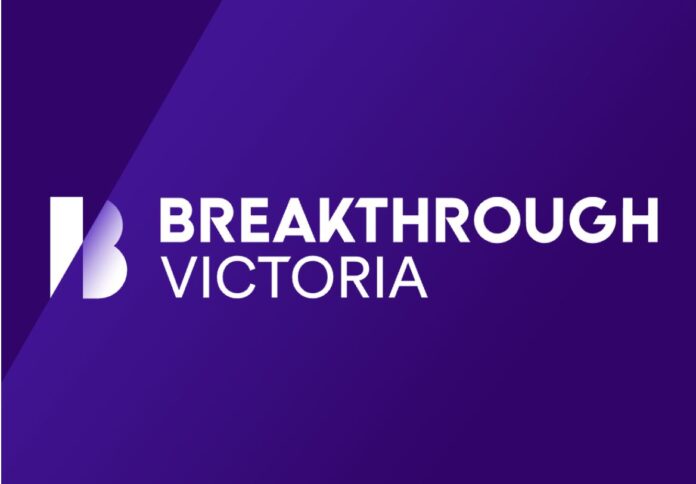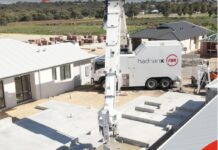
Breakthrough Victoria and La Trobe University are co-investing in Melbourne-based Gaia Project Australia (GPA) to support the development of sustainable farming solutions with applications for both Earth’s agriculture and space exploration.
The $1 million investment, split equally between Breakthrough Victoria and La Trobe’s Eagle Fund, is part of Breakthrough Victoria’s $100 million University Innovation Platform (UIP), which aims to accelerate the commercialisation of research from Victorian universities.
Breakthrough Victoria CEO Rod Bristow highlighted the significance of the investment, stating, “Investing in Gaia Project Australia aligns with our mission to support groundbreaking innovation that drives sustainability and economic growth. Through our University Innovation Program and partnership with La Trobe’s Eagle Fund, we are helping to scale technologies like Leafy 2.0 that have the potential to transform agriculture on Earth and beyond.”
Founded in 2020 by engineer and innovator Nadun Hennayaka, GPA specialises in agricultural technology to enhance food security.
The company’s Omni-System technology, patented in 49 countries, allows leafy green vegetable growers to increase yields by up to 40 per cent by adjusting plant spacing in real time, eliminating the need for costly robotics and complex workflow systems.
Hennayaka emphasised the impact of the company’s innovation, stating, “We have seen first-hand in Australia and abroad the impact of the rising cost of fresh produce during a cost-of-living crisis. Our mission is to empower farmers with the latest cost-efficient technology to set them up for sustainable success, being able to absorb variability in costs by delivering consistent, predictable, efficient yields. Ultimately, all consumers should be able to afford fresh produce.”
GPA and its research partner, La Trobe University, were finalists in NASA’s Deep Space Food Challenge, where they developed a prototype capable of producing 40 per cent more leafy greens compared to other controlled environment agriculture (CEA) technologies.
Their innovation is being explored for potential use in long-duration space missions, including those to the Moon and Mars under NASA’s Artemis program.
According to Breakthrough Victoria, the investment in GPA is part of a broader initiative to commercialise university research in Victoria.
The University Innovation Platform includes contributions from multiple universities, with La Trobe, Deakin, Melbourne, Monash, and Swinburne each committing $9 million, RMIT contributing $7.5 million, and Australian Catholic University providing $7 million.
These funds, matched by Breakthrough Victoria, support the development of early-stage ventures with high commercial potential.
La Trobe University Vice-Chancellor Professor Theo Farrell underscored the importance of the initiative, saying, “La Trobe University is a leader in world-class research, driving innovation across biotech, AgTech, and biomedical sciences, and our research institutes are at the forefront of discovery, translating pioneering science into commercial success.”
“The La Trobe University Eagle Fund offers industry partners a valuable opportunity for strategic collaborations that bridge the gap between research and commercialisation, unlocking access to top-tier research, talent, and funding opportunities to drive industry growth.”
Minister for Economic Growth and Jobs Danny Pearson highlighted the government’s commitment to fostering innovation in agriculture, stating, “We are backing Gaia Project Australia’s innovative technology because agriculture is one of Victoria’s great strengths, and this technology has the potential to turbocharge production in our agriculture sector. The Allan Labor Government recognises that AgTech is at the core of the Victorian economy, which is why it is one of five priority sectors in our Economic Growth Statement.”


















